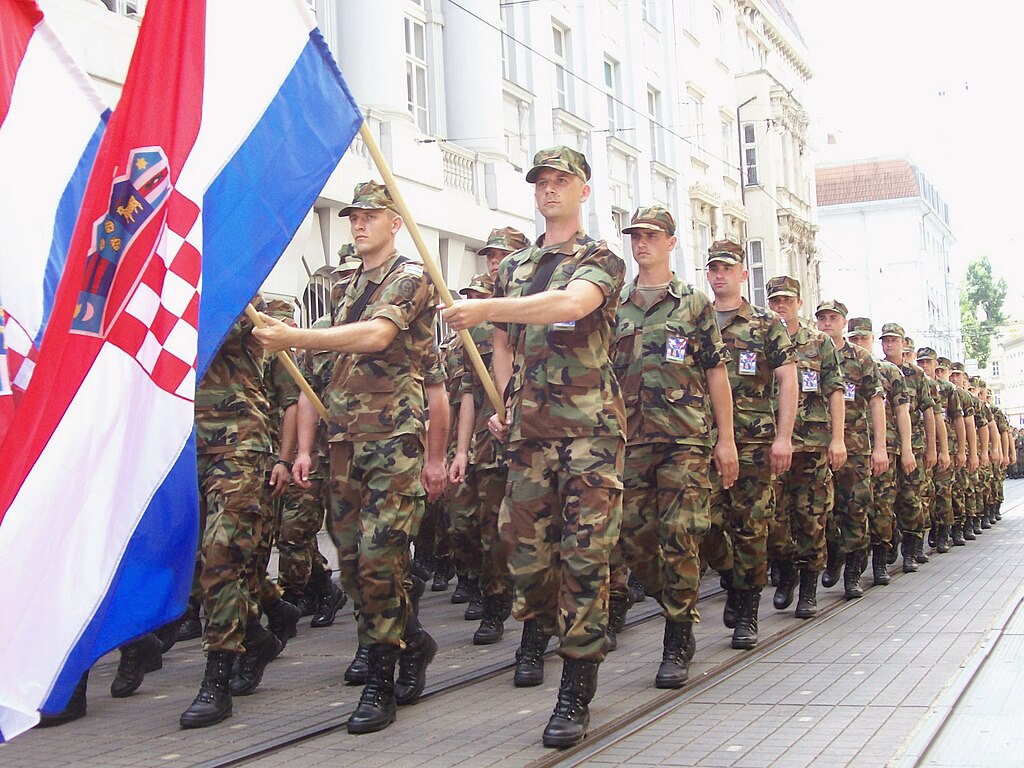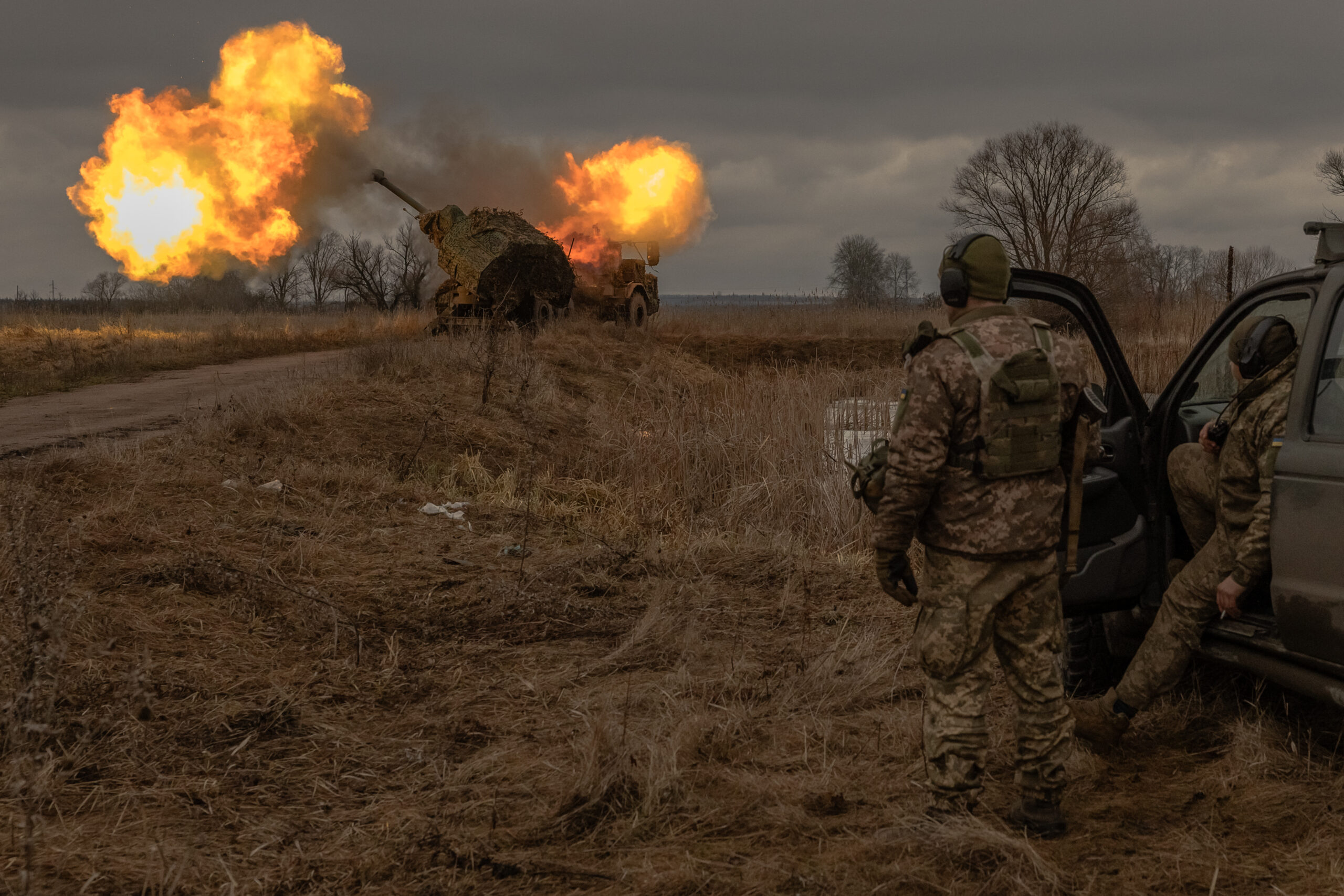The Republic of Croatia has reinstated compulsory military service, a decision prompted by growing concerns over the escalating conflict in Ukraine and regional instability. On October 27, 2023, the Croatian Parliament, known as the Sabor, voted overwhelmingly in favor of the new measure, with 84 votes in favor and 11 against. This legislative change amends the country’s Defense Act and the Armed Forces Service Act to reintroduce basic military training for young citizens.
The restructured military training program involves a two-month basic training course designed to equip recruits with essential crisis-response skills. Under the new legislation, individuals born in 2007 will be required to undergo medical examinations by the end of this year. Those who object to military service on religious or moral grounds will have the option to serve as civil servants for three to four months.
Ivan Anušić, Croatia’s Minister of Defense, announced that the first cohort of conscripts is expected to commence training in January 2026. The goal is to enlist 4,000 recruits annually. Anušić highlighted that the training will incorporate modern warfare techniques, including cybersecurity, first aid, drone operation, and advanced survival skills.
Regional Security Concerns Drive Policy Change
The resumption of compulsory military service follows Croatia’s suspension of conscription in 2008. The decision reflects a growing urgency to bolster the country’s military capabilities amid heightened tensions in the Balkans, particularly with neighboring Serbia. In recent years, Croatia has sought to strengthen its armed forces and enhance military partnerships.
Earlier in 2025, Croatia signed a trilateral military agreement with Albania and Kosovo. This agreement aims to enhance security through joint training, interoperability, and countering hybrid threats such as cybersecurity attacks and disinformation. The deal faced significant backlash from Serbia, indicating the sensitive nature of regional military collaborations.
Anušić emphasized Croatia’s ambition to become a leader in European drone production, noting that domestic manufacturers currently produce thousands of First-Person View (FPV) drones using exclusively Croatian technology. This focus on advanced technology reflects the country’s commitment to modernize its defense capabilities in a rapidly changing global landscape.
As Croatia embarks on this renewed approach to military service, the implications for national defense and regional stability will be closely observed. The country is positioning itself to respond effectively to contemporary security challenges while fostering a more robust defense infrastructure.







